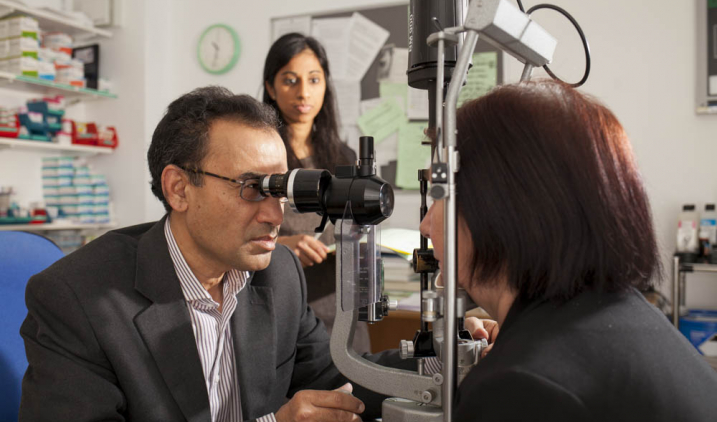Training and teaching resources - medical students/doctors
This section of the website provides comprehensive information and tools, designed to help medical students and junior doctors with their career planning.
It is based on the four-stage model of career planning that is widely used in higher education:

Medical students and junior doctors can use this website on their own, or the activities can be incorporated into individual and group career planning sessions.
There's advice for educational supervisors, mentors, careers advisers and others involved in advising medical students and doctors in training on how they can help them get the most from the website and support them in making good decisions about their future. We would also encourage you to register on the site and try out the self-assessment tools for yourself.
It's a good idea for students and trainees to register on the website to set up a personal profile. The results of the self-assessment exercises from the above four stages will be saved to it. The personal profile is confidential and only the students/trainees themselves have access to their online results.
Medical students and postgraduate doctors
The decision faced by a trainee choosing a medical career is a complex one. The Explore roles section of this website (see Doctors) lists more than 60 different specialties. The nature of the work and key skills/competences required for each of them varies widely, for instance working as a GP is obviously very different to working as a cardiologist, and some specialties are more competitive than others to get into.
We believe that medical students should have some awareness about managing their careers early on, and advise them to begin to work through the first two stages of our career planning model - self assessment and exploring career options - as soon as possible. This website sets out some ideas for how medical students can use their time to reflect on the different medical specialties they are exposed to at medical school.
Medical career pathway
The medical career pathway has two key stages:
- the foundation programme
- specialty training
See the boxes below for more information.